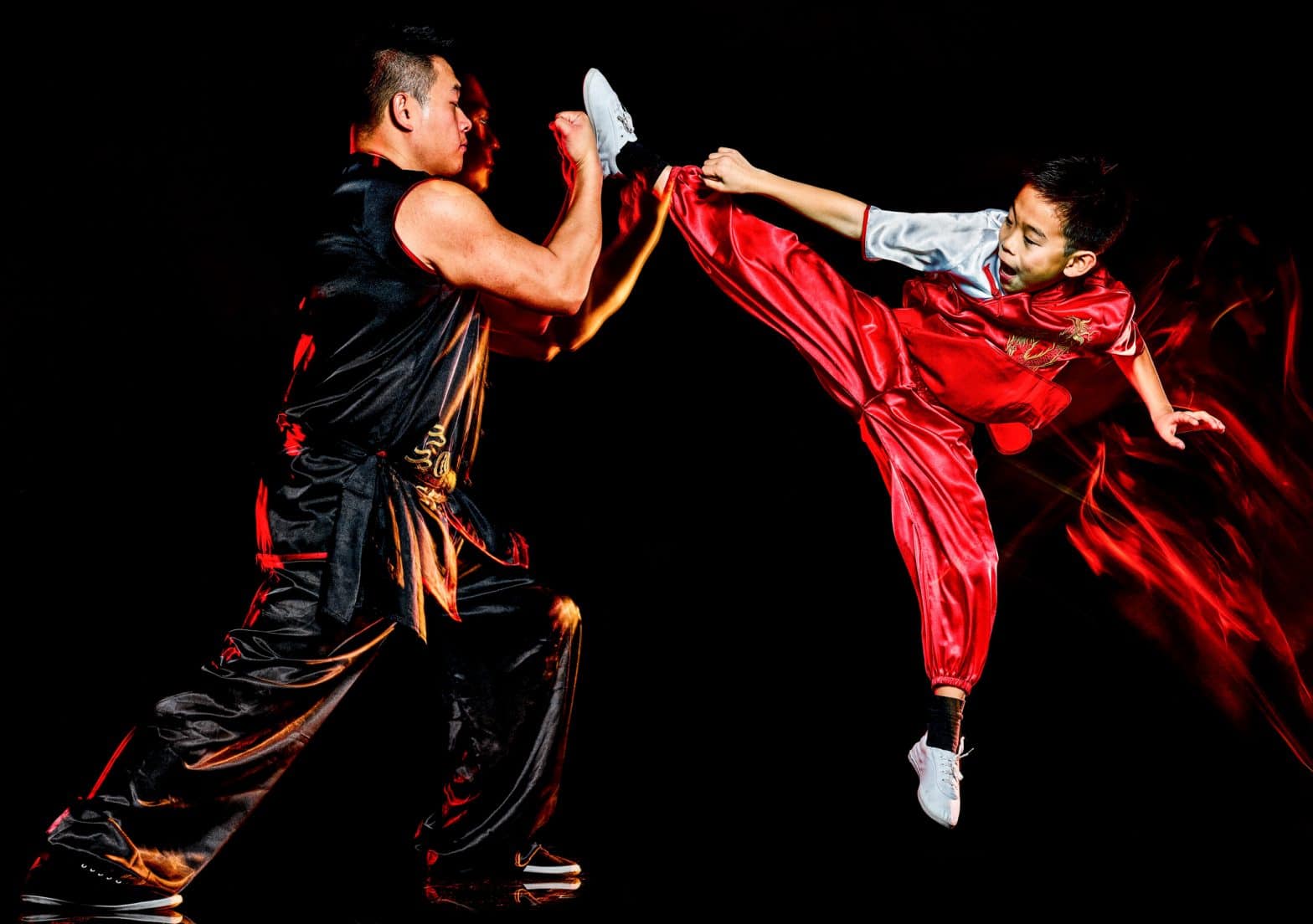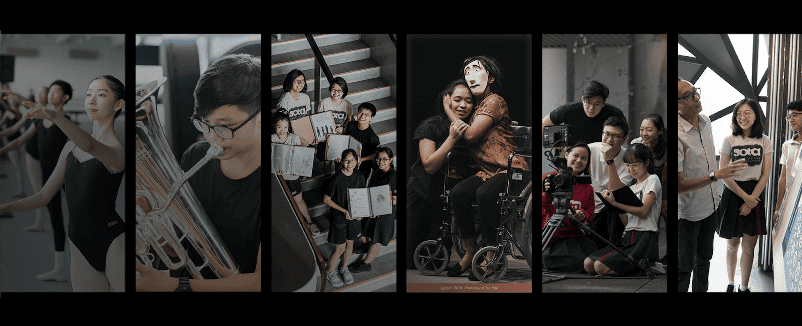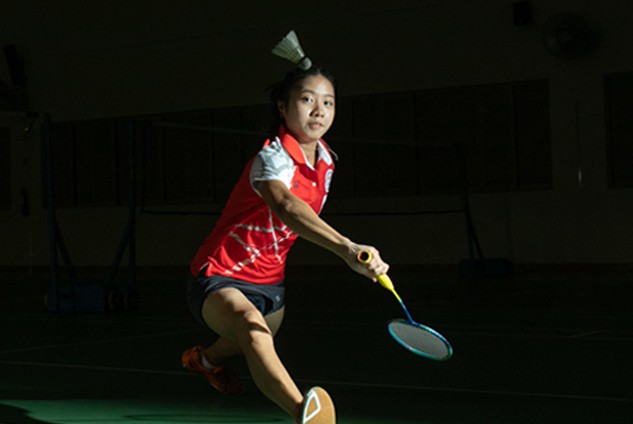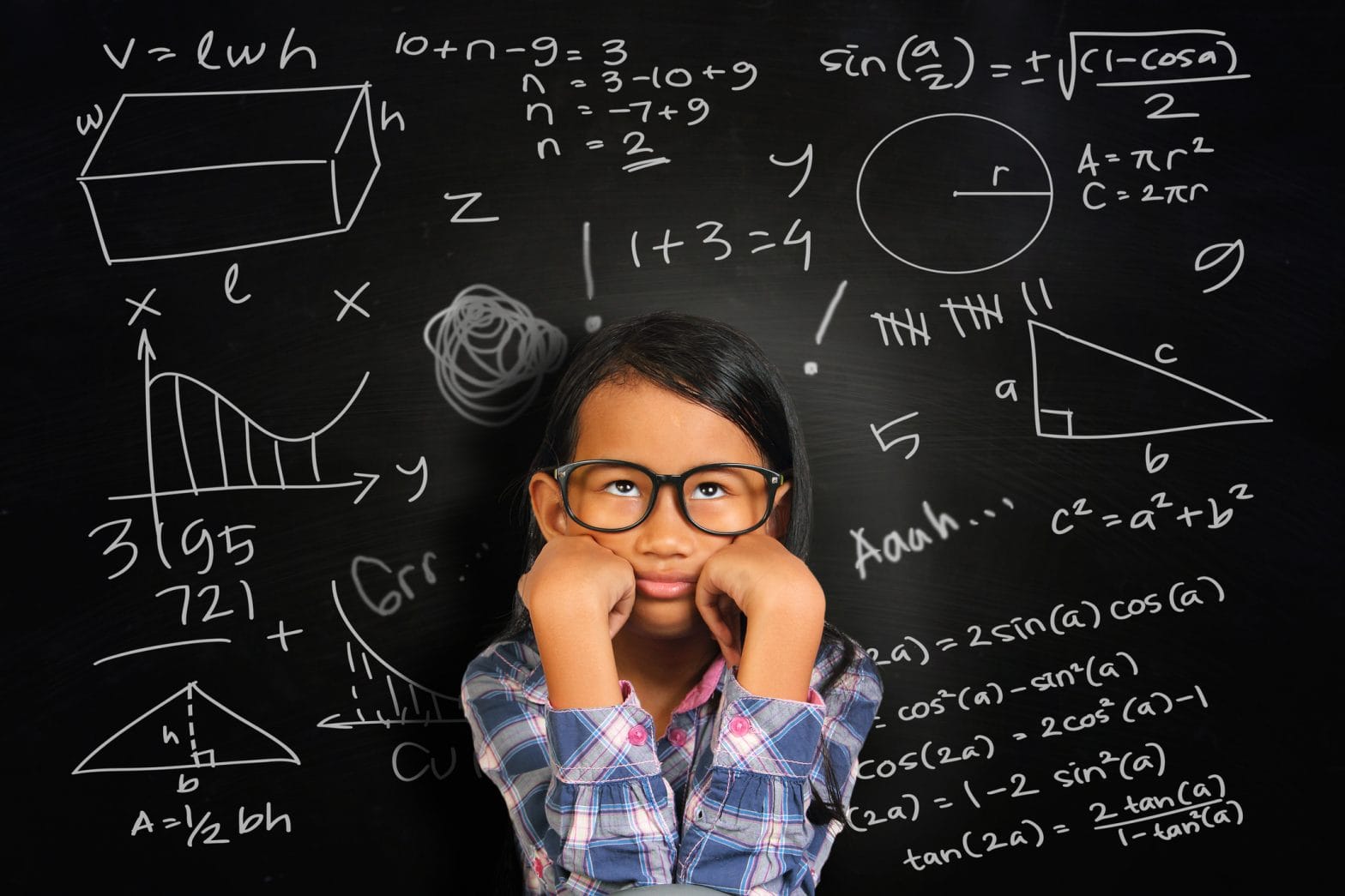
Guide Series: DSA for Secondary School

This guide provides comprehensive Information on DSA (Direct School Admission) process for secondary school.
Is your child learning to play Piano in Singapore? Let’s see what their Journey looks like.
- Written By Fu Jinxia
- Updated on October 30, 2023
Articles In this Guide
Many kids learn how to play Piano in Singapore, probably because a piano is one of the most common instruments to pick up due to its immense musical possibilities and versatility. The physical, mental and emotional benefits of playing the Piano have long been recognised, resulting in parents sending their children for lessons at a young age. This allows them to enjoy the benefits of music while cultivating a skill that might prove to be handy in future career paths.
What is Piano?
The Piano is an acoustic keyboard instrument that produces sound when its keys are pressed. Most modern pianos have 88 keys, allowing players to come up with various combinations of tunes and chords. There are two main types of Piano: The Grand piano and the Upright Piano. The Grand Piano offers better sound quality and more precise key control; however, the Upright Piano is more commonly used due to its smaller size and lower cost.
The repertoire for Piano is vast – from solo pieces to concertos, duets, trios, and chamber music – encompassing 400 years of history. Aside from playing solo pieces or as a soloist in a concerto, one can also perform as an accompanist for other instrumentalists, vocalists, or even a choir or ballet pianist.
Learning Piano in Singapore
Learning to play Piano in Singapore is a widely popular option for enrichment classes, where parents start lessons for children as young as 3.5 years old. As such, a huge pool of music schools and private teachers offer piano lessons from individual to group settings.
While the piano literature covers a broad range of genres (pop, jazz, blues, etc.), many parents choose to have their children start off with the ABRSM (Associated Board of Royal Schools of Music) syllabus to have a more “quantifiable” target. Under the ABRSM syllabus, children can achieve a Distinction, Merit or Pass certification when they sit for the examinations. Other examination boards include Trinity College London and Rockschool music qualifications.
Piano in School CCAs
As the Piano is mainly a solo instrument, it does not play as much of an active role in large ensemble groups such as concert bands or orchestras. Nevertheless, there are ensembles for Piano in Singapore local schools, such as Raffles Institution, National Junior College, Nanyang Polytechnic and Singapore Polytechnic, where pianists come together to play duets, works for 4-hands, 6-hands, and 2 pianos. These ensembles participate actively in competitions, school concerts and external concerts in Singapore and overseas. Requirements differ from school to school, but an audition is generally needed.
Direct School Admissions (DSA – Sec) via Piano in Singapore.
If your child plans to apply to any top schools in Singapore, having a good piano grade can boost their portfolio under the “visual, literary and performing arts” category. A piano is generally considered an instrument that allows one to learn most of the music’s fundamentals; hence, many schools reference one’s general music ability from piano certifications. Most schools would prefer students with a Grade 5 and above in their music board certifications. Depending on which music CCA the student is seeking DSA through, they will have to play, sing and/or sight-read music in the audition.
To strengthen your child’s portfolio, it is recommended that they partake in various competitions and music festivals on top of achieving good results in their music board certifications (i.e. preferably distinction in practical and theory). Competitions may include the CCA-based Singapore Youth Festival Arts Presentation and Piano Competitions organised by music institutions locally and abroad. Participation and demonstrated results are indications of your child’s interest and aptitude in relation to other peers.
Competitive Path for kids learning Piano in Singapore
Music competitions for the Piano are aplenty in Singapore. Competitions are open to children as young as 5 years old, all the way to 25 years old, and anyone can sign up as long as they meet the age and repertoire requirements for the category they are competing for. Some competitions also select the top few winners from Singapore to compete or perform overseas, giving these talents a good amount of exposure. As such, competitions for the Piano are highly competitive, and only musicians with high standards of musicality and technical command can emerge as champions. Nevertheless, the multi-tiered structure of competitions still makes it an attractive event to participate in, for children to add a special something to their portfolio.
Here are 3 competitions for Piano in Singapore you can consider:
1- Singapore International Classical Piano Competition (SICPC)
Organised by Finger Waltz Music Productions, the SICPC is a yearly piano competition that aims to promote the exchange of music cultures between Singapore and other countries and enhance the piano performance skills of budding musicians. It boasts a panel of internationally acclaimed pianists and educators, increasing the competition’s legitimacy. There are also masterclasses for selected participants to attend. The competition is open to participants aged 5 to 29 years old.
2- Joyeux Music International Piano Festival and Competition
This competition is open to participants as young as 4 years old, with the goal of developing and nurturing a competitive environment for pianists to grow as classical pianists. Participants can choose to play pieces of their choice from the examination syllabus or play duets or chamber music. Likewise, there is an international team of artists and professors and masterclasses for interested pianists.
3- Singapore Raffles International Music Festival (SRIMF)
The SRIMF is an annual music competition catering to a wide variety of instruments, including Piano. The competition is open to anyone below 25, and they can bring a free choice of repertoire (within the stipulated time frame of their age category) or pieces from the ABRSM grades in the ABRSM graded category. There is also a Young Artistic category, with higher demands in repertoire and stamina requirements.
Apart from competitions, the festival promises rich learning opportunities through a variety of activities such as masterclasses, concerts, seminars and workshops by internationally acclaimed music educators and performers.
With abundant learning opportunities and resources, getting your children to pick up Piano in Singapore is relatively simple. The Journey to master piano playing is not so simple, but it is definitely exciting and rewarding, in both the intangible and tangible benefits!
Loved Our Articles? Subscribes To Get Updates Directly To Your Inbox!
Explore Klassbook for more Piano Classes in Singapore
To explore more classes, go through our list of piano classes here. Why not start with a piano trial class to gauge your child’s interest?
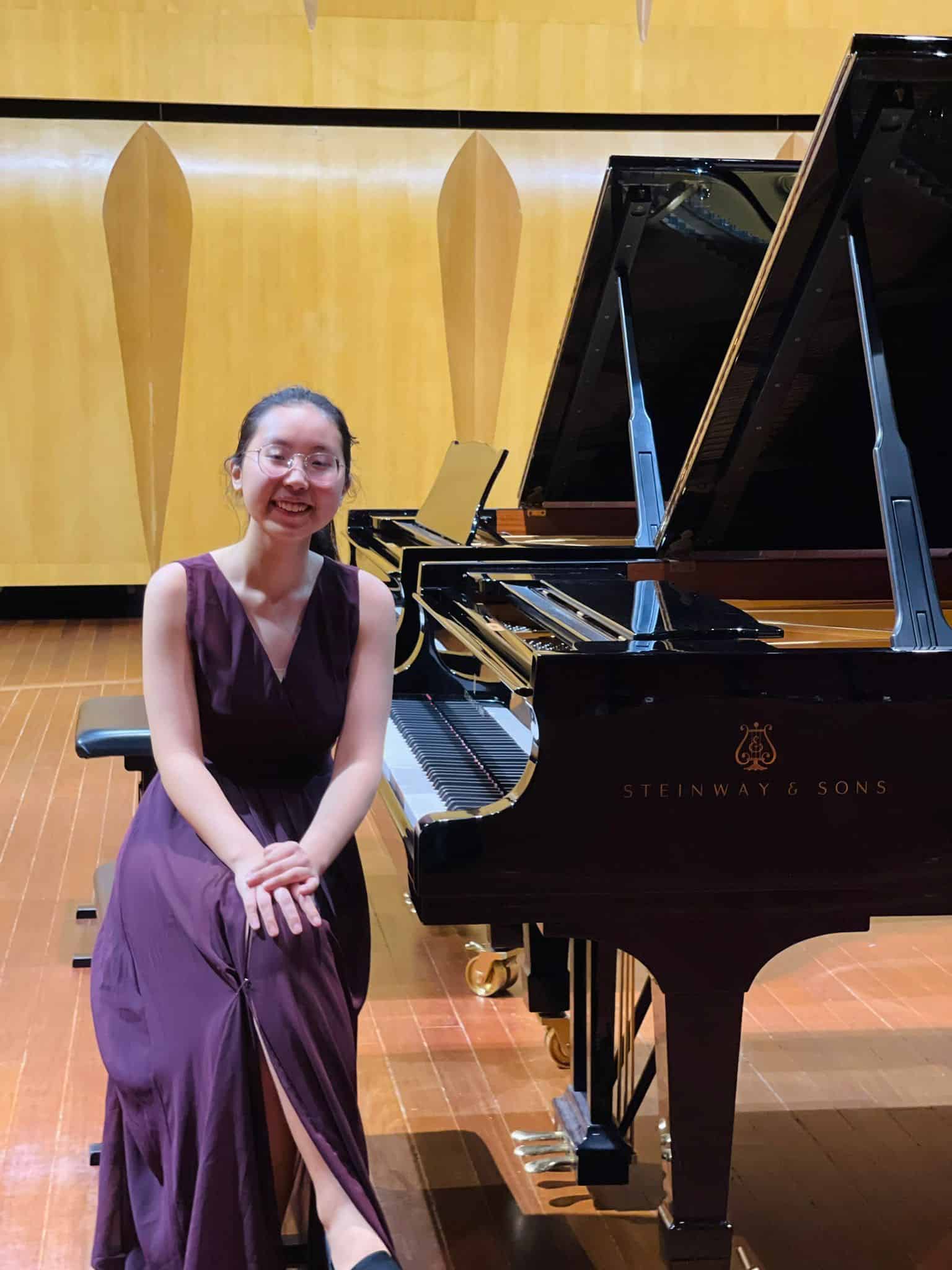
A musician at heart and a pianist by training, Lauren Fu is an active educator and performer in the music scene. Having taught a wide range of students from 4 to 60 years old, she strives to inspire others through her teaching and love for music! She believes in the transformative power of the arts and seeks to express herself through various art forms, be it performing, composing, or writing.
Loved Our Articles? Subscribes To Get Updates Directly To Your Inbox!
- New to DSA-Sec? Here are 5 Things You Need to Know
- DSA Interview and How to Ace It
- DSA Sec via football for your soccer lover kid
- Is DSA Soccer Only For Boys? Of Course, Girls Play Too
- SOTA – Everything You Need to Know About School of the Arts Singapore
- A Child’s Journey of Swimming in Singapore
- Singapore Sports School (SSP) – All that you need to Know about it
- Wushu in Singapore – A Child’s Journey
- Is your child interested in Chinese Orchestra? Let’s see what his Journey looks like.
- Is your child learning to play Piano in Singapore? Let’s see what their Journey looks like.
- A Child’s Sailing Journey in Singapore

